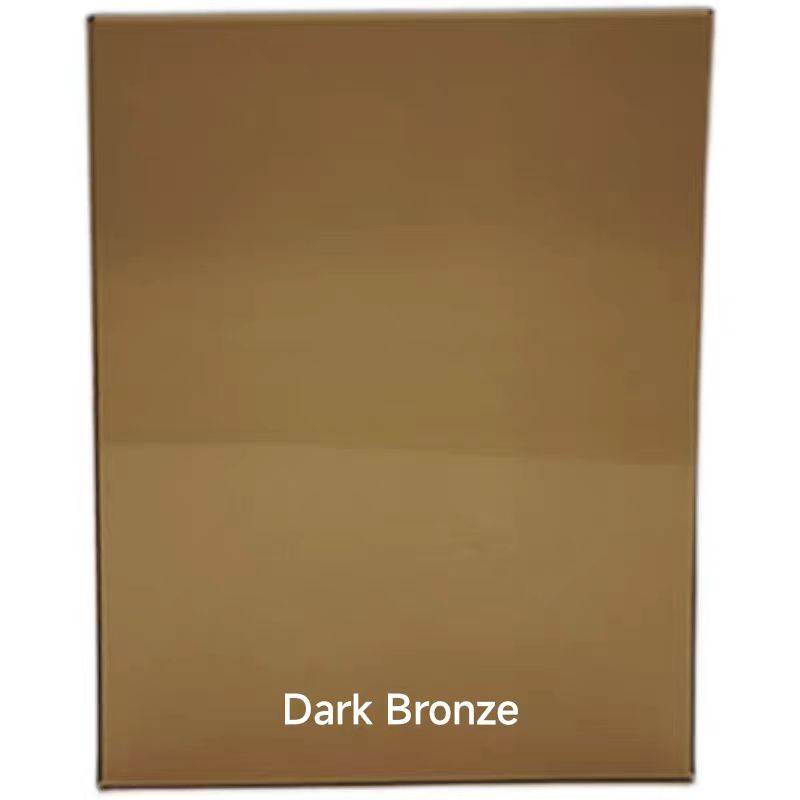

The Allure of Mirror Float Glass A Reflection of Elegance and Functionality
Mirror float glass has emerged as a multifunctional and aesthetically pleasing choice in various sectors, ranging from residential to commercial uses. This remarkable material combines the clarity and smoothness of float glass with the reflective properties of a mirror, creating a versatile product that enhances both the functionality and beauty of any space. In this article, we delve into the characteristics, applications, and advantages of mirror float glass.
Understanding Mirror Float Glass
At its core, mirror float glass is created through the process of float glass production, where molten glass is floated on top of molten tin. This technique results in a glass sheet that is exceptionally flat and smooth. To transform it into mirror float glass, a reflective coating—usually made of silver or aluminum—is applied to one side of the glass. This process not only gives the glass its reflective quality but also enhances its durability and resistance to tarnishing.
Aesthetic Appeal
One of the key attractions of mirror float glass lies in its aesthetic appeal. It adds an element of sophistication and elegance to any environment. Whether used in homes, hotels, or offices, mirror float glass can create a sense of space and openness. It reflects light beautifully, brightening up rooms and making them appear larger and more inviting. The versatility in design allows for various finishes, shapes, and sizes, appealing to diverse tastes and preferences.
Applications Across Industries
The applications of mirror float glass are vast and varied. In residential settings, it is commonly used in bathrooms, on closet doors, and as decorative wall panels. The reflective properties are particularly advantageous in smaller spaces, where it can make the area feel larger and more airy. In commercial spaces, mirror float glass is often used in retail environments, where it can enhance product displays and create an inviting atmosphere for customers.

Moreover, mirror float glass is prevalent in the hospitality industry. Hotels frequently utilize this material in guest rooms, lobbies, and dining areas to create a luxurious ambiance. In architecture, it plays a crucial role in façade design, where reflective surfaces can beautifully integrate buildings with their surroundings, reducing the visual bulk while enhancing the aesthetic appeal of urban landscapes.
Durability and Maintenance
Beyond its visual benefits, mirror float glass is prized for its durability and low maintenance requirements. The reflective coatings are designed to withstand the rigors of daily use, resisting scratches and tarnishing. Cleaning requires no special products; a simple solution of water and mild detergent is sufficient to keep surfaces gleaming. This ease of maintenance not only saves time but also ensures that the glass retains its beauty for years to come.
Sustainability Considerations
As the world moves towards more sustainable practices, mirror float glass also showcases eco-friendly attributes. It is recyclable and can be processed and reused, helping to reduce waste and environmental impact. Choosing mirror float glass in design and construction reflects a commitment to sustainability without compromising on style or functionality.
Conclusion
Mirror float glass is more than just a reflective surface; it is a symbol of elegant design and practical application. With its ability to enhance space, provide durability, and offer ease of maintenance, it stands out as a preferred choice in a myriad of settings. As technology advances and designs evolve, the role of mirror float glass in our living and working environments is expected to expand, reflecting an ever-changing world while maintaining its timeless allure.